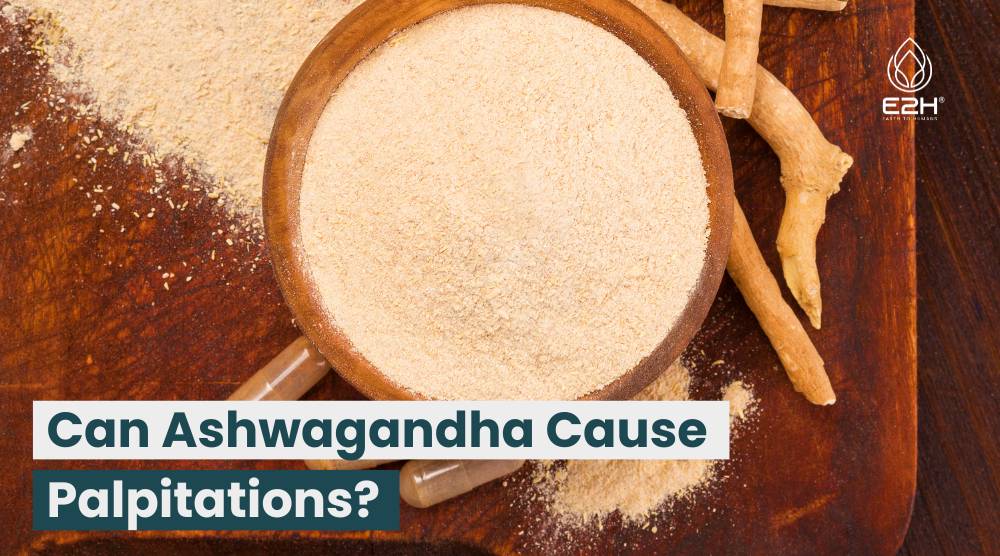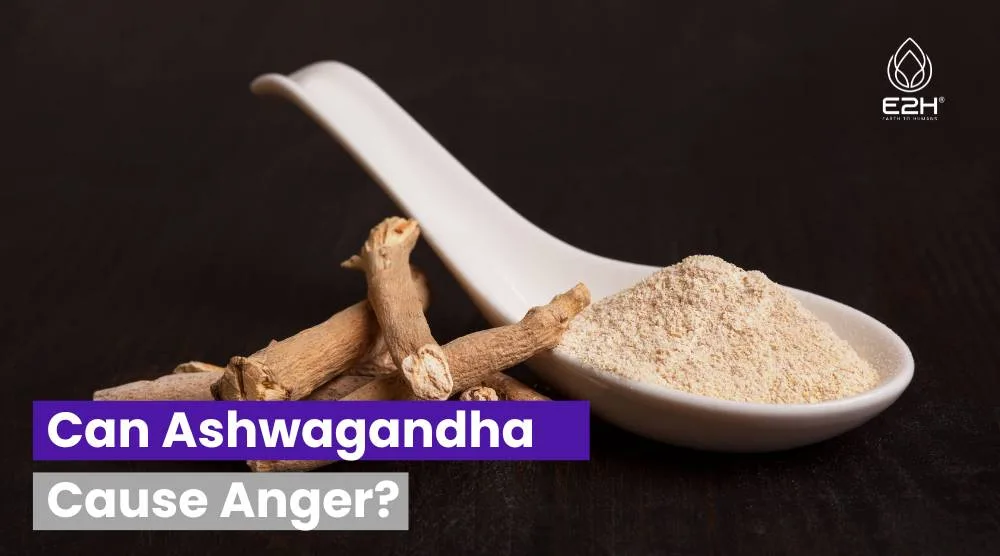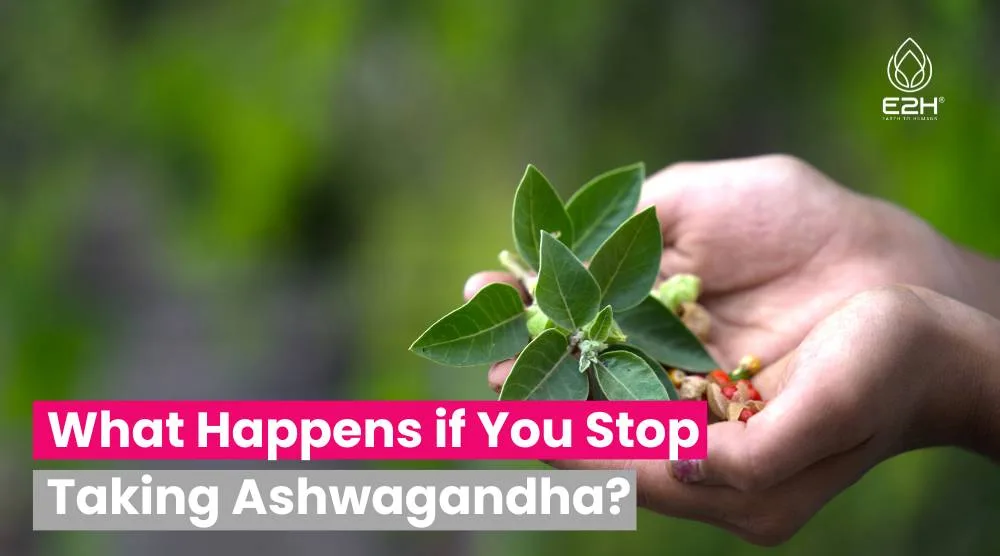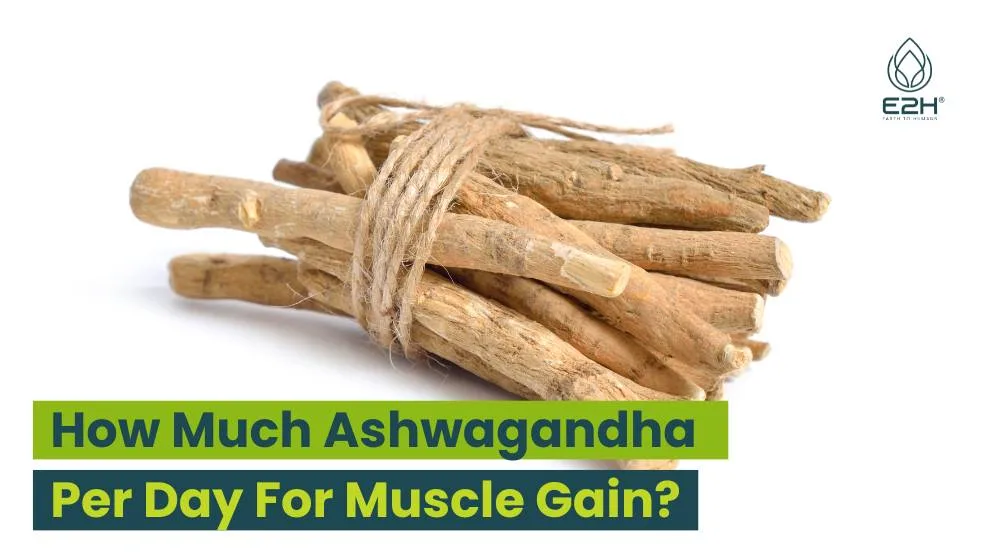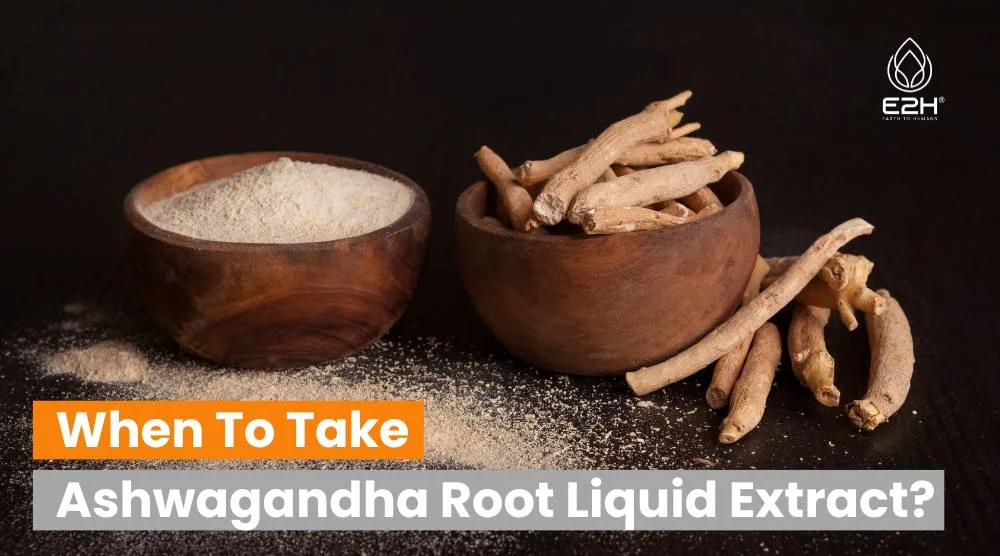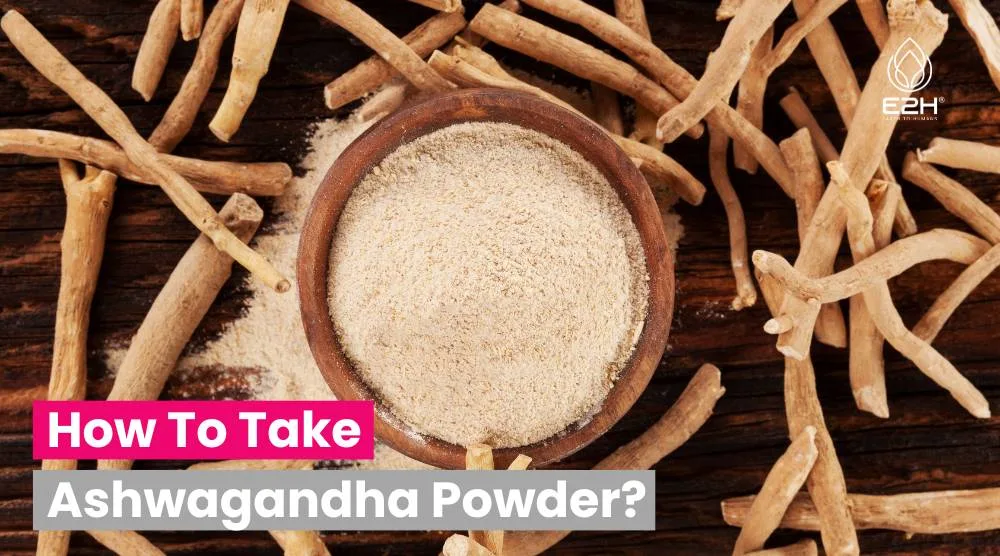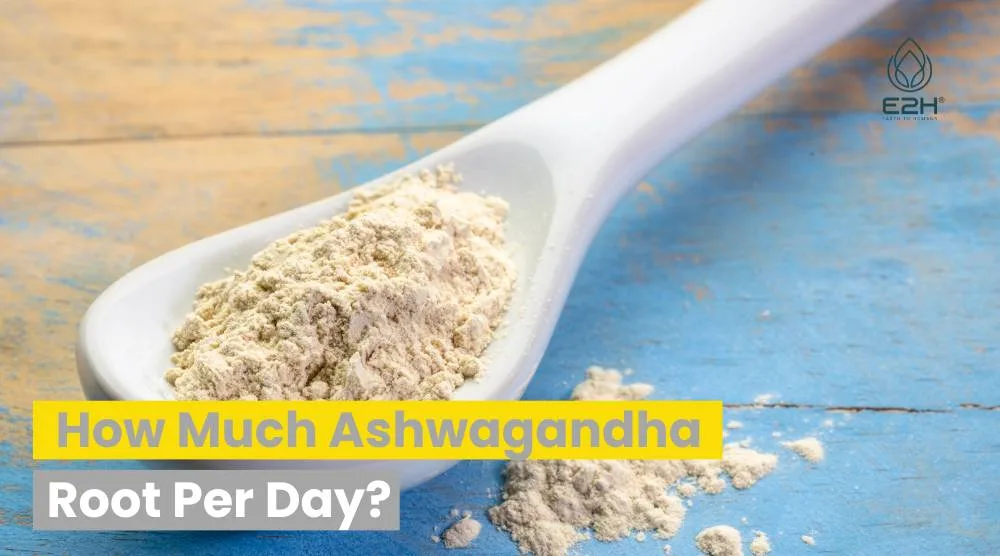Can Ashwagandha Cause Palpitations: Ashwagandha can cause palpitations in some individuals, especially at high doses or in those with pre-existing heart conditions.
Keep reading to understand its impact on heart health, how to use it safely, and what alternatives exist for those sensitive to its effects.
What Are Heart Palpitations And Why Do They Occur?
Heart palpitations are sensations where it feels like your heart is racing, pounding, or fluttering. They can occur suddenly and vary in frequency and duration. Palpitations are often caused by stress, anxiety, or high adrenaline levels due to physical exertion or caffeine consumption.

Medical conditions like thyroid disorders, low blood oxygen levels, or hormonal changes can also trigger them. In some cases, palpitations are harmless and merely a response to temporary stressors. However, they can also indicate underlying heart conditions, especially if accompanied by dizziness, shortness of breath, or chest pain.
How Does Ashwagandha Specifically Affect The Heart?
Ashwagandha, an adaptogenic herb, is known for its stress-reducing properties. It can influence the heart by impacting the body’s stress response. Ashwagandha may help in lowering cortisol levels, a stress hormone that, when elevated, can affect heart health. It’s also believed to have a calming effect on the nervous system, which can indirectly benefit heart function by reducing stress and anxiety. However, its exact impact on heart rate and rhythm is not fully understood and may vary from person to person.
How Does Ashwagandha Interact With The Cardiovascular System?
Ashwagandha interacts with the cardiovascular system primarily through its adaptogenic properties. It helps the body manage stress, which can, in turn, influence heart health. By potentially lowering stress-related hormones like cortisol, it can reduce the strain on the cardiovascular system. Additionally, some studies suggest that Ashwagandha may help in regulating blood pressure and improving heart muscle strength. However, its effects can vary, and in some individuals, it might lead to changes in heart rhythm or rate.
What Factors May Contribute To Palpitations While Using Ashwagandha?
- Dosage and Sensitivity: High doses or individual sensitivity to Ashwagandha can trigger palpitations.
- Pre-existing Heart Conditions: Those with underlying heart issues may be more prone to palpitations.
- Interaction with Other Medications: Ashwagandha can interact with certain heart medications, affecting heart rhythm.
- Overstimulation of the Nervous System: In some people, Ashwagandha might overstimulate the nervous system, leading to palpitations.
- Hormonal Imbalances: Ashwagandha can influence hormonal levels, which might affect heart rhythm.
What Signs Indicate That Ashwagandha Might Be Causing Palpitations?
- Unusual Heart Rhythms: Experiencing irregular or rapid heartbeats after taking Ashwagandha.
- Increased Anxiety or Nervousness: Feeling more anxious or jittery, which can be linked to heart palpitations.
- Chest Discomfort: Sensations of tightness or discomfort in the chest area.
- Shortness of Breath: Experiencing difficulty in breathing or feeling winded without exertion.
- Dizziness or Light-headedness: Feeling dizzy or faint, which can accompany changes in heart rhythm.

Who Should Be Cautious Before Using Ashwagandha?
- Individuals with Autoimmune Diseases: Such as lupus, rheumatoid arthritis, or Hashimoto’s thyroiditis, as Ashwagandha may stimulate the immune system.
- People with Thyroid Disorders: Ashwagandha can influence thyroid hormone levels, potentially complicating existing thyroid conditions.
- Those with Pre-existing Heart Conditions: Especially if they are prone to palpitations or arrhythmias.
- Pregnant or Breastfeeding Women: Due to limited research on Ashwagandha’s safety in these groups.
- Individuals on Blood Pressure Medication: Ashwagandha may interact with these medications, affecting blood pressure levels.
- People with Peptic Ulcers: Ashwagandha can irritate the gastrointestinal tract, exacerbating ulcer symptoms.
How Can Ashwagandha Be Used Safely To Avoid Heart Concerns?
To use Ashwagandha safely and minimize heart concerns, start with a low dose and gradually increase it to assess tolerance. Pay attention to your body’s response, particularly if you have a history of heart issues. It’s crucial to avoid combining Ashwagandha with stimulants like caffeine, which can exacerbate heart palpitations.
Also, be mindful of other medications you’re taking, as Ashwagandha can interact with them. Maintaining a balanced diet and regular exercise can also support overall heart health, potentially mitigating any adverse effects from Ashwagandha.
When Is It Necessary To Seek Help If Experiencing Ashwagandha-related Palpitations?
If you experience palpitations after taking Ashwagandha, it’s important to monitor their frequency and severity. Seek help if palpitations are accompanied by chest pain, severe shortness of breath, dizziness, or fainting, as these could be signs of a more serious condition.
Persistent or worsening palpitations, even without other symptoms, also warrant attention. It’s crucial to understand that while palpitations can be harmless, they can also signal underlying heart issues, especially if they’re a new symptom for you.
Is There A Potential Connection Between Ashwagandha And Heart Palpitations?
There is a potential connection between Ashwagandha and heart palpitations, though it varies among individuals. Ashwagandha’s impact on the nervous and endocrine systems can indirectly affect heart rhythm and rate. For some, its adaptogenic properties may reduce stress and lower the likelihood of palpitations.

However, in others, especially those sensitive to herbal supplements or with pre-existing heart conditions, Ashwagandha might trigger or exacerbate palpitations. This variability underscores the importance of understanding one’s personal health profile when using supplements like Ashwagandha.
Are There Alternative Supplements For Individuals Prone To Palpitations?
- Magnesium: Known for its role in maintaining normal heart rhythm and often used to manage palpitations.
- Omega-3 Fatty Acids: Found in fish oil, beneficial for overall heart health and rhythm regulation.
- Coenzyme Q10 (CoQ10): Supports heart health and can be helpful in managing palpitations.
- Hawthorn Berry: Traditionally used to support cardiovascular health.
- Rhodiola Rosea: An adaptogen that helps manage stress without stimulating the heart.
- L-Theanine: Found in green tea, known for its calming effects on the nervous system.
- Valerian Root: Often used for its sedative properties, potentially helpful in reducing stress-induced palpitations.
FAQs For ‘Can Ashwagandha Cause Palpitations?’
Is Ashwagandha known to directly cause heart palpitations?
While not common, some individuals may experience heart palpitations as a response to Ashwagandha, particularly at high doses.
Can Ashwagandha affect heart rate in healthy individuals?
Ashwagandha may influence heart rate, but effects vary widely among individuals.
Should people with existing heart conditions avoid Ashwagandha?
Those with heart conditions should be cautious and consider alternatives to Ashwagandha.
Does the form of Ashwagandha taken impact the risk of palpitations?
The form (pill, powder, tea) may not significantly alter the risk of palpitations.
Are palpitations from Ashwagandha a sign of a serious problem?
Palpitations can be harmless but persistent symptoms should be evaluated by a professional.
Conclusion
While Ashwagandha is a revered herb with many benefits, its potential to cause heart palpitations cannot be overlooked. It’s important to listen to your body and be aware of how it reacts to supplements like Ashwagandha. Remember, everyone’s experience is unique, and what works for one may not work for another. Stay informed and attentive to your health when considering Ashwagandha, especially if you have concerns about heart palpitations.
